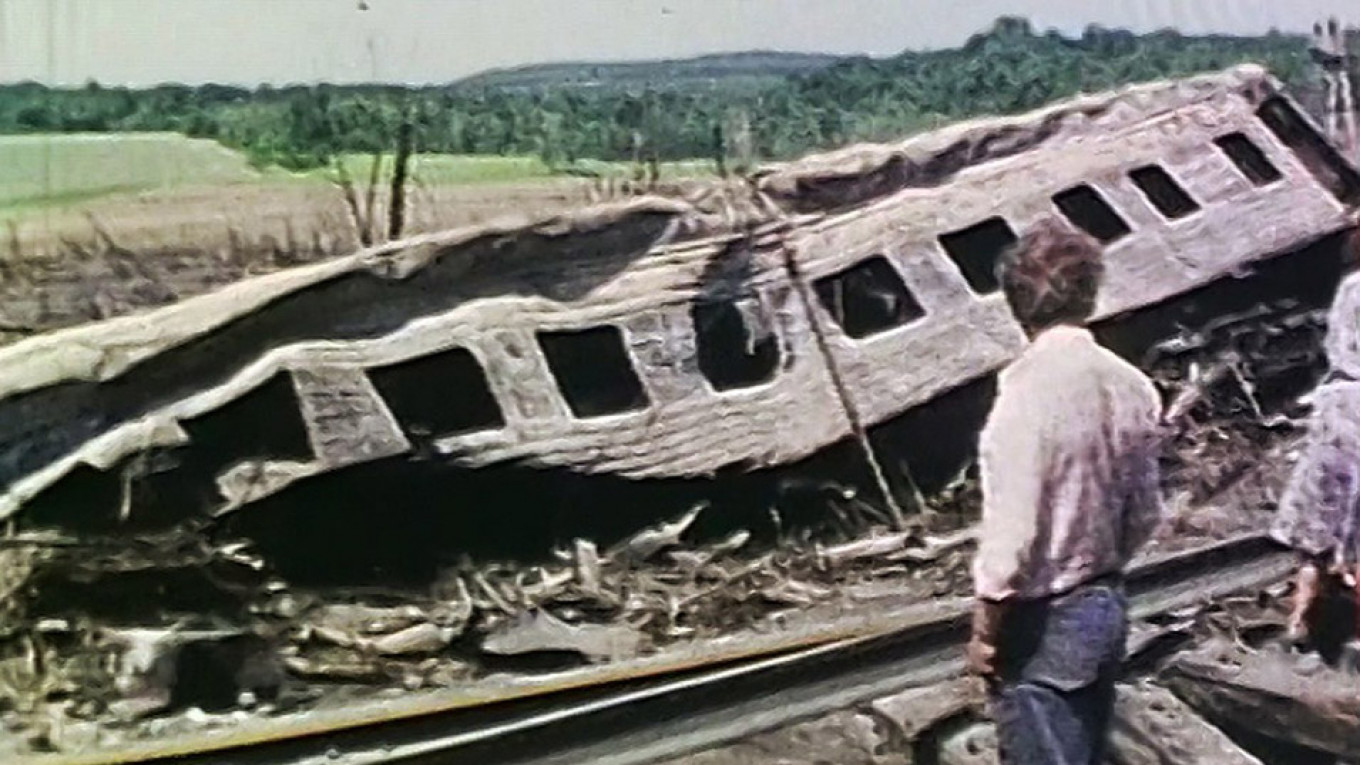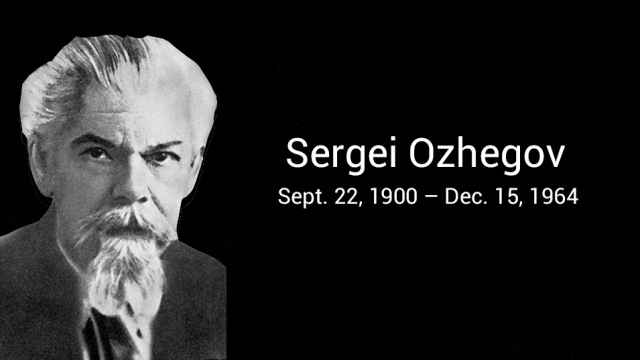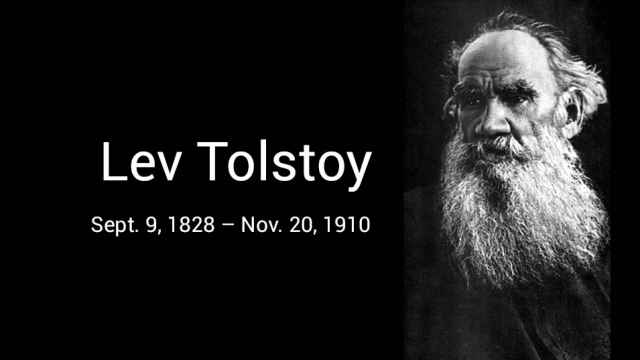On June 4, 1989, a railway accident in the Iglinsky District (then the Bashkir A.S.S.R, Soviet Union) killed 575, injuring 800 more. Many passengers were children coming to or from summer camp or holidays by the seaside. It remains the deadliest postwar rail disaster in Russia. While the incident happened about 50 kilometers east of Ufa, it was named as such as Ufa was the largest city in the region.
At 1:15 a.m. local time, two trains traveling between Novosibirsk and a resort along the Black Sea passed each other. A faulty gas pipeline almost a kilometer away had leaked natural gas liquids. Weather conditions allowed the gas to accumulate and form a flammable cloud along the railway tracks. While engineers had noticed a drop in pressure in the pipeline, they had restored it to normal levels without first checking for leaks.
Wheel sparks from the two passing trains ignited the highly flammable cloud, causing a massive explosion estimated to be the equivalent of up to 10,000 tons of TNT. The impact reduced seven carriages to ashes, and the remaining carriages were all destroyed.
Investigations into the catastrophe began under the leadership of Mikhail Gorbachev and continued for another five years after he left office. Nine officials, including the chief of construction of the pipeline involved, were eventually charged. The maximum sentence for the charges was five years in jail.
A Message from The Moscow Times:
Dear readers,
We are facing unprecedented challenges. Russia's Prosecutor General's Office has designated The Moscow Times as an "undesirable" organization, criminalizing our work and putting our staff at risk of prosecution. This follows our earlier unjust labeling as a "foreign agent."
These actions are direct attempts to silence independent journalism in Russia. The authorities claim our work "discredits the decisions of the Russian leadership." We see things differently: we strive to provide accurate, unbiased reporting on Russia.
We, the journalists of The Moscow Times, refuse to be silenced. But to continue our work, we need your help.
Your support, no matter how small, makes a world of difference. If you can, please support us monthly starting from just $2. It's quick to set up, and every contribution makes a significant impact.
By supporting The Moscow Times, you're defending open, independent journalism in the face of repression. Thank you for standing with us.
Remind me later.






